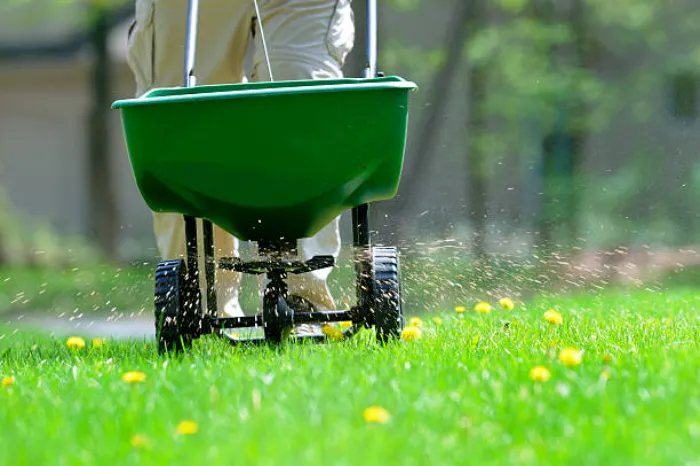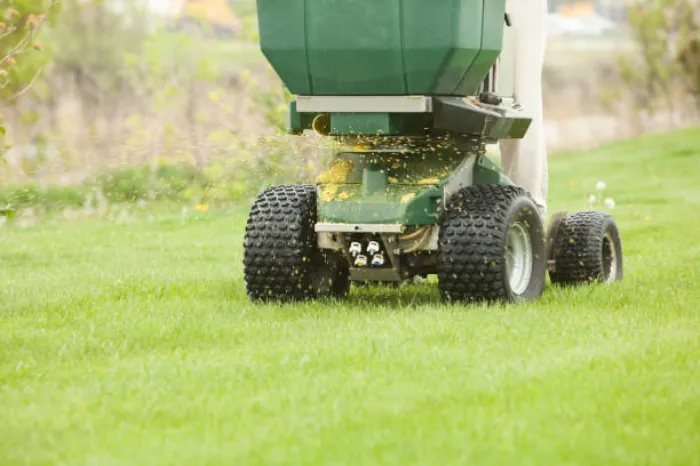Optimal Lawn Care: How often should you fertilize your lawn
Maximizing Your Lawn’s Health Through Proper Fertilization
To keep your grass healthy and vibrant, you must fertilize it. However, knowing how often to fertilize can be confusing. Here, we’ll discuss the factors that influence fertilization frequency and provide guidance on how often should you fertilize your lawn to achieve lush greenery all year round.

Understanding Your Lawn’s Needs
Before determining a fertilization schedule, it’s crucial to understand your lawn’s specific requirements. Many variables, such as the kind of grass, the climate, the condition of the soil, and the time of year, affect how frequently you should fertilize your lawn. Warm-season grasses, for example, may require more frequent fertilization during their active growing season.
The Importance of Timing
Timing is everything when it comes to fertilizing your lawn. When fertilizer is applied at the appropriate time, your grass will get the nutrients it needs at the proper moment. In overall, when the grass is actively growing—early spring and late summer—are the best periods to fertilize. Avoid fertilizing during extreme heat or drought, as this can stress the grass and lead to burnout.
Choosing the Right Fertilizer
Selecting the appropriate fertilizer is another key aspect of lawn care. Different fertilizers meet different needs by containing different mixes of nutrients like potassium, phosphorus, and nitrogen. Conduct a soil test to determine your lawn’s nutrient deficiencies and choose a fertilizer that addresses those deficiencies effectively. Organic options are also available for those seeking environmentally-friendly alternatives.
Establishing a Fertilization Schedule
Once you’ve determined your lawn’s needs and selected the right fertilizer, it’s time to establish a fertilization schedule. Generally speaking, during the growing season, fertilization should be applied to most lawns every 6 to 8 weeks. However, this periodicity could change based on variables like temperature, rainfall, and soil quality. Monitor your lawn’s appearance and adjust your fertilization schedule accordingly.
Signs Your Lawn Needs Fertilizing
Keeping an eye out for signs of nutrient deficiency can help you determine when to fertilize your lawn. Yellowing or browning grass, slow growth, and thinning patches are all indications that your lawn may benefit from a nutrient boost. Regularly inspect your lawn for these signs and respond promptly with appropriate fertilization measures.

Understanding How Often Should You Fertilize Your Lawn
In conclusion, knowing how often should you fertilize your lawn is essential for maintaining its health and beauty. By understanding your lawn’s specific needs, timing fertilization appropriately, choosing the right fertilizer, and monitoring for signs of nutrient deficiency, you can establish a fertilization schedule that promotes lush, vibrant grass year-round. Remember to avoid over fertilizing and always follow best practices for optimal lawn care. Reach out GreenThumb Landscaping Experts for your lawn fertilization needs in Lowell, MA. Call us (978) 285-6167 today!